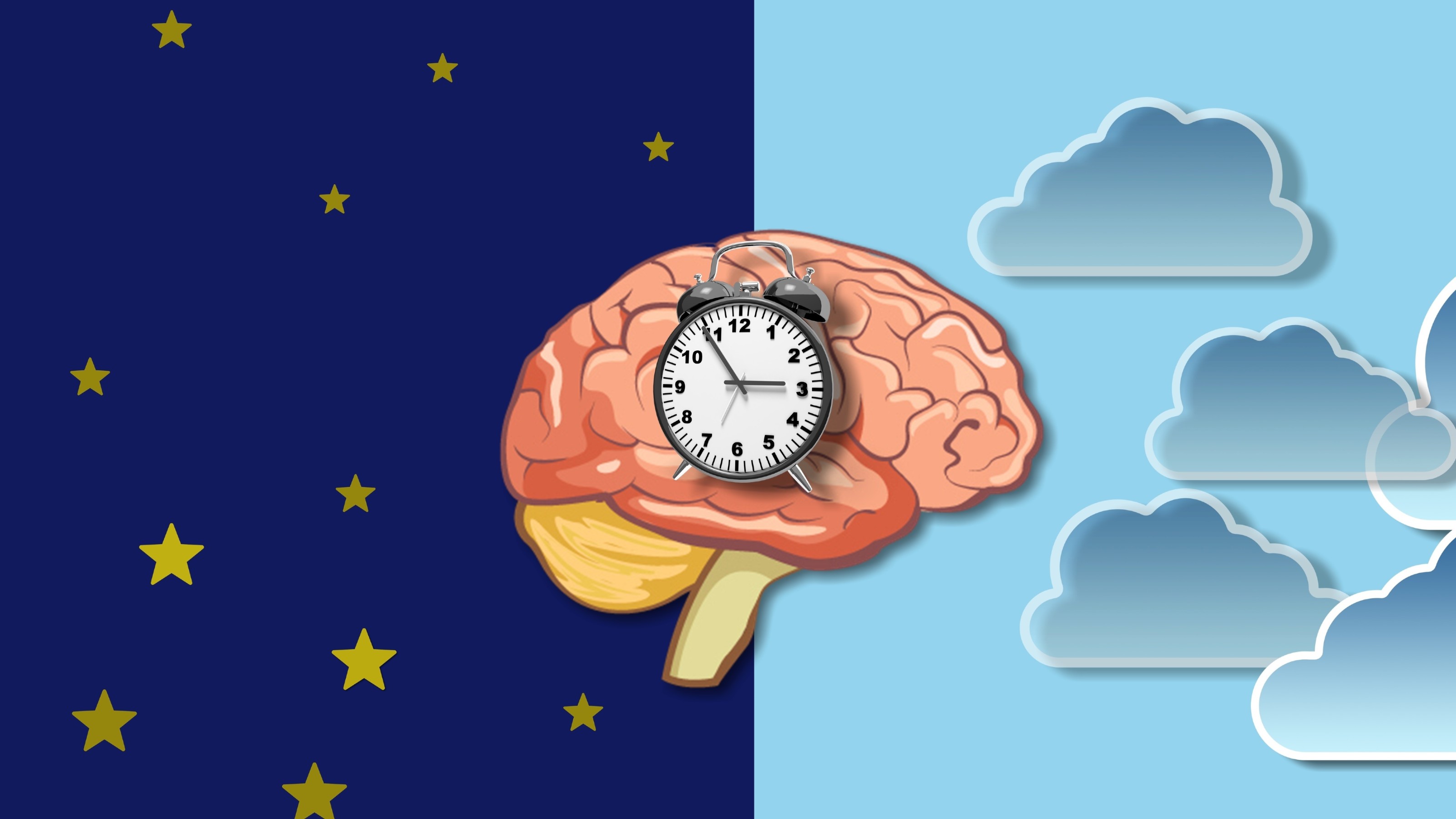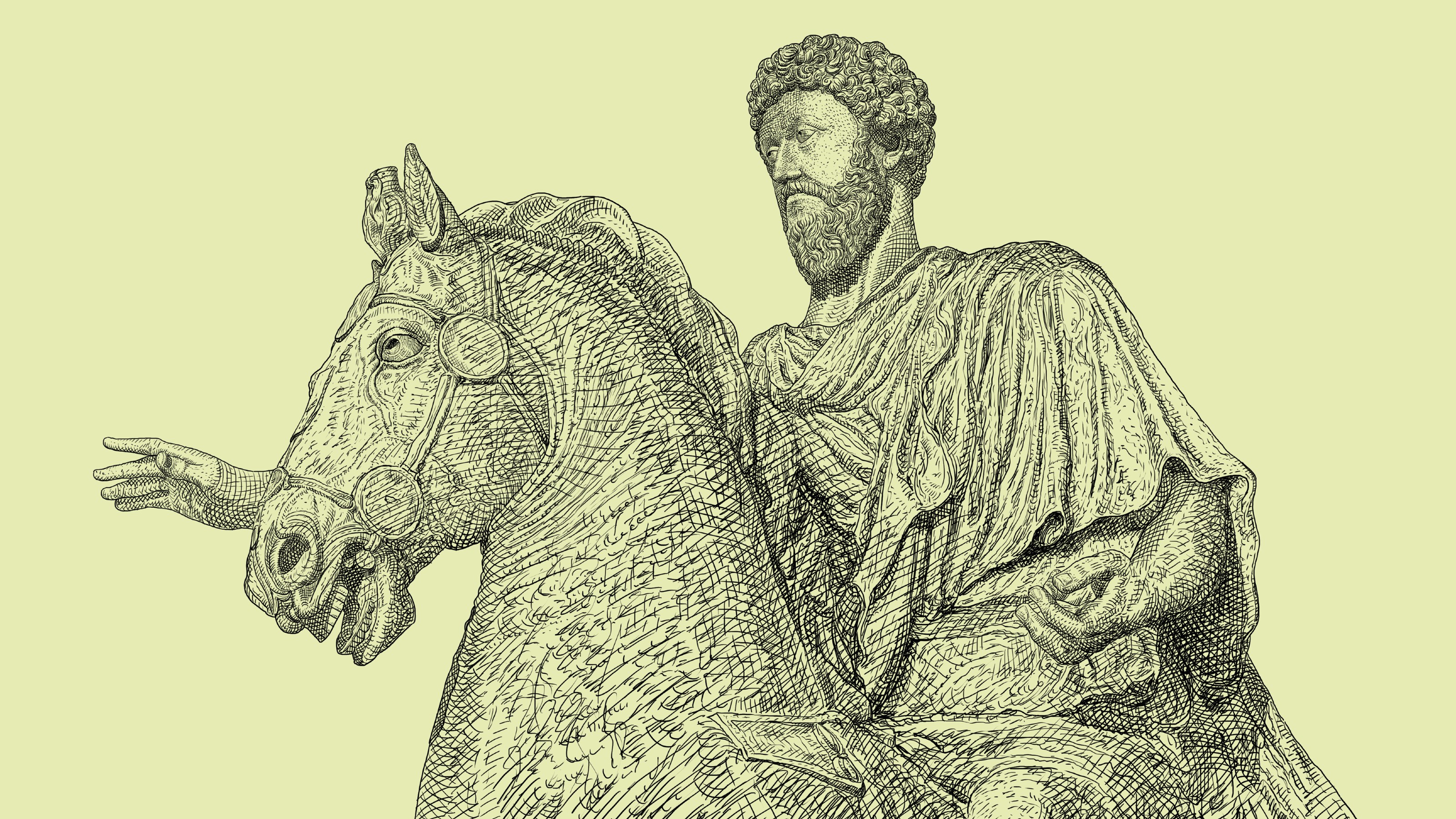Are we naturally hedonists? Here’s what Epicurus thought.

- The Greek philosopher Epicurus thought that the greatest pleasure is tranquility, a stable psychological state characterized by the presence of pleasure and the absence of pain.
- There are multiple ways to reach that state in the Epicurean reading. There is the direct pursuit of pleasure, and its indirect pursuit, which is related to duty and belonging to a community.
- We willingly do painful or challenging things for two sorts of pleasure — a pleasant peace of mind and, that having been secured, the unalloyed pleasures that prudence endorses.
Epicurus considers it obvious that we, like every other animal, pursue pleasure and avoid pain by nature. The point requires no rational demonstration — we observe it in other animals and feel it in ourselves. We have never asked for a reasoned argument that fire feels hot and snow feels cold. We just feel it. Epicurus considers it likewise self-evident that pleasure and pain serve as the motivational starting points for all sentient creatures.
The desire for pleasure and an aversion to pain come as standard operating equipment in animals. Epicurus, though, thinks the greatest pleasure is tranquility, a stable psychological state characterized by the presence of pleasure and the absence of pain. That we want tranquility by nature does not seem self-evident, so it might require something more closely resembling an argument. This, too, Epicurus concludes from observation, is particular of animals from their earliest stages.
Picture a human infant cast screaming from the womb into the great hurly-burly of this world, red with rage. It is hungry, overstimulated, and suddenly very cold and uncomfortable. And all these horrible sounds! As Lucretius puts it, a human newborn is like “a shipwrecked sailor tossed ashore by savage waves” that finds itself “naked, speechless, and utterly helpless.” And “how it fills the place with its woeful wailings!” What it wants, and what we want to give it, is whatever will chill that baby out. It needs sustenance, a warm embrace, snuggles, music, the sound of the tap running, to be bounced around, a soft hat. Epicurus thinks that this brute desire for secure comfort never leaves us. An infant who lacks foundational security struggles to experience easy joys, and Epicurus thinks the same is true for humans at all stages.
The Epicureans and their chief rivals, the Stoics, call this a “Cradle Argument,” according to which we can read the fundamental motivation of a human being from observing its early, uncorrupted state. Epicurus thinks the “Cradle Argument” shows us that infants want freedom from pain, as well as the assorted pleasures consistent with maintaining that tranquil state. Adults, then, are essentially infants grown large and intelligent, facing an immensely more complex world, now largely responsible for providing that precious and pleasant secure state for ourselves. Cicero reports that the Stoics, by contrast, think that “as soon as it is born,” an infant “is concerned with itself, and takes care to preserve itself.” I have admittedly not met any self-preserving infants.
Epicurus advances a bolder claim here than you might at first think. It makes sense that pleasure feels good, and that pain feels bad, and we do often choose pleasures and avoid pains. No controversy there. Epicurus, though, thinks that all our actions ultimately aim at our own pleasure. Epicurus is what we will call a “psychological hedonist” because he thinks that we always choose what we think will provide us the most pleasure overall. We have one fundamental motivation — pursuing pleasure. He writes that pleasure is “the starting point for every choice and avoidance.” As he thinks the greatest pleasure is freedom from pain and anxiety, he can restate our motivation as pain avoidance: “We do everything for the sake of being neither in pain nor in terror.”
But that seems, at least on the face of it, insane. Consider some of your most recent actions. In the past few hours, you have likely done many things. Perhaps you washed the dishes, opened a bottle of wine, answered some work emails, talked a friend through a crisis, ate an ice cream sandwich, turned off your mind to binge-watch a show. Now you are taking at least a moment to peruse the contents of this book. Each action foreclosed other options. Your reading this book means you are not currently strolling through the night. If I asked you to explain your motivations for these assorted actions, how might you respond?
It would make sense for you to say that you opened a bottle of wine and watched a television show because it was pleasant, but that you washed the dishes reluctantly and resented writing to your boss in what should be your spare time. Sure, you allow yourself to choose what pleases you when possible, but other times, far more often than you would like, you must act from a sense of obligation. In these cases, duty hovers over your shoulder like a scold reminding you that if you always acted for pleasure, especially for the greatest pleasure on offer, the dishes would eventually smell of rot. You might be watching the sun set in Greece, but you would be doing it without a job.
Epicurus denies there are two competing motives at war with one another — pleasure and duty. That’s not because he wants to convince you that action done from duty is actually pleasant, like you’re foolishly overlooking the joy of dutifully mowing the lawn or changing diapers. It’s the Stoics who encourage finding joy in acting from duty. The Epicureans deny that we act from duty at all. If you think you’re acting from the motive of duty, you are incorrect. But again, how can this be?! Epicurus needs to show that we choose even the unpleasant actions, like cleaning up vomit, from the motive of pleasure-seeking.
A distinction might help. We often pursue pleasure “directly,” in the sense that our path to pleasure appears free and clear, and we choose the unimpeded pleasure of the moment. Sometimes an unalloyed pleasure is right there in front of us, and Epicurus considers it well-worth choosing. Epicureanism’s commitment to savoring the joys of leisure is part of what distinguishes it from more austere philosophies. Harmless pleasures within easy reach are in fact the better choice in some circumstances.
Other times, we must pursue pleasure “indirectly,” in the sense that we recognize that the only way to reach the city of pleasure is to pass through the hamlet of inconvenience or struggle. Direct pleasures are like low-hanging fruit. Indirect pleasures require deliberation with the future in mind, recognizing that some pain is a necessary part of the process. They require building a ladder to pick the fruit otherwise out of reach. That reluctant feeling of choosing displeasure for the sake of pleasure is, for Epicurus, a mark of “indirect hedonism” at work.
We can conjoin these two thoughts — that we seek a mature version of an infant’s security and that we tolerate displeasure to build a secure foundation for varied, more sophisticated pleasures. Securing tranquility sometimes requires inconvenience, even pain, in the short-term. Work and practice can pay long-term dividends in the kind of pleasures that make life joyful. Both security and joyful pleasure occasionally require us to choose pains for a greater payoff.
For example, Epicurus thinks humans benefit from the pleasant security of being a member of a community of friends bonded by trust and mutual support. In fact, nothing diminishes our anxiety more than a community of trustworthy and supportive friends. Maintaining good standing in a community of that sort, though, requires that we respect agreements and demonstrate a willingness to sacrifice for others. Without trustworthy friends, we cannot experience the secure confidence of mutual protection against peril or fully appreciate the anxiety-free joys of time spent together at leisure. Such friendships depend on a willingness to sacrifice for the sake of long-term stability and joy.
In the same vein, we work through long hours of study so that we can experience the pleasant confidence that results from replacing confusion with understanding. We shoulder physical burdens because that gives us confidence that our strength will help us meet unexpected challenges, but also because it can help us survey beauty from the summit of a mountain. Our struggle with foreign languages makes it possible to communicate with people otherwise beyond our comprehension. In short, we willingly do painful or challenging things for two sorts of pleasure — a pleasant peace of mind and, that having been secured, the unalloyed pleasures that prudence endorses. No need for duty, then, when the strategic pursuit of secure pleasure explains it all.
For a practiced, more sagely Epicurean, some exertions can produce their own kind of current mental pleasure that distracts from the pain or inconvenience itself. Epicurus thinks that reflection on past pleasure or anticipation of future pleasure can help counteract pains. But Epicureans do not think painful activities themselves are particularly fun. They need not say, “I am pleased to be cleaning up the rotten trash that the raccoons spilled all over the deck!” It’s enough to say, “Well, won’t we feel better when we get this cleaned up, and won’t it make a good story!” People do the dishes together not only because it is faster, but also to distract from the inconvenience and enjoy one another’s company. We can gain some mental pleasure from anticipating the pleasure of completing a difficult project and by remembering how many pleasures our life contains overall, this being a blip in the radar.





